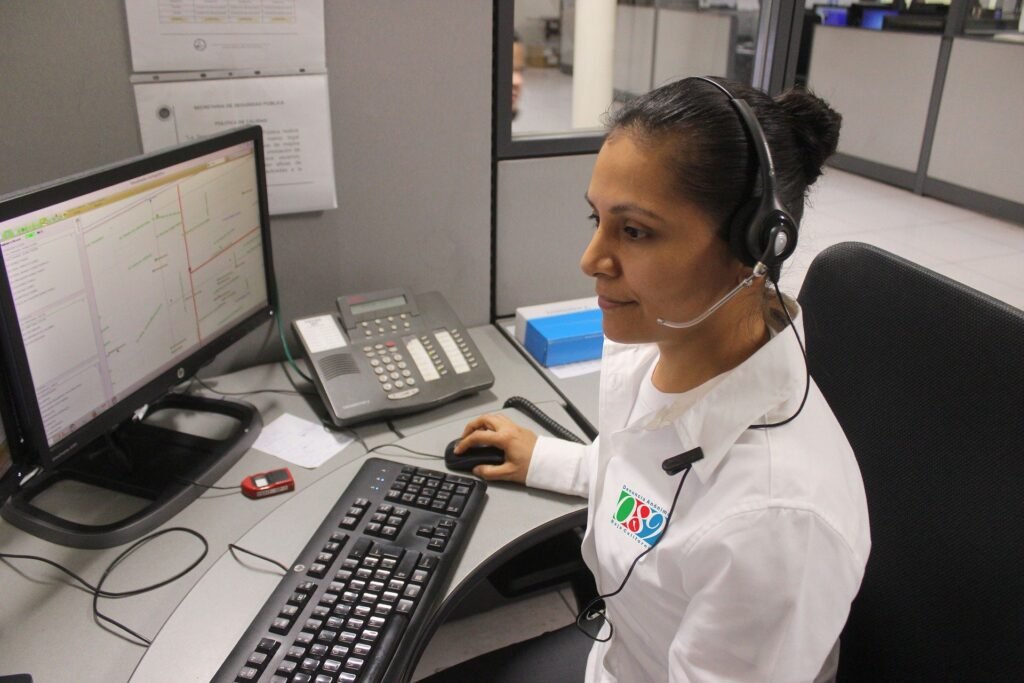A groundbreaking new method for extracting crucial information from individuals caught in high-pressure situations, such as terrorist attacks or hostage crises, has been developed and shows immense promise, according to a recent study. The Time Critical Questioning (TCQ) protocol, devised by Professor Lorraine Hope and her team at the University of Portsmouth in collaboration with the UK’s Centre for Research and Evidence on Security Threats (CREST), offers a practical communication framework to aid emergency responders in swiftly gathering vital details from witnesses, victims, and other individuals with pertinent information.
Originally designed to support emergency response efforts, the TCQ protocol also exhibits significant potential for utilization in various scenarios where a rapid and precise exchange of information can influence outcomes. Whether in a hospital emergency room, dealing with a critical software malfunction, or managing a transportation disruption, professionals often need to ask the right questions efficiently without overwhelming or distracting the individual they are conversing with.
Professor Hope emphasizes, “Our research aimed at enhancing information collection in situations where time constraints can compromise clarity. The protocol is user-friendly and does not necessitate specialized knowledge or extensive training. Early results indicate its adaptability in diverse professional environments. By equipping professionals with a practical tool to structure time-sensitive conversations, it facilitates improved decision-making and minimizes the risk of overlooking crucial information.”
The TCQ protocol commences with an organized directive called I-RELATE, which assists in setting expectations, defining roles, and establishing a clear objective for the interaction. Striking a balance between structure and flexibility, TCQ aids individuals in focusing on the most relevant information swiftly without resorting to rapid-fire questioning or leaving conversations entirely open-ended.
To validate the effectiveness of the method, researchers engaged 142 volunteers at the Other World Escapes—Escape Room Portsmouth in England. Participants were interviewed post the escape room challenge using either the TCQ approach or a conventional method. Those subjected to TCQ showcased a tendency to share more useful and accurate details early on in the conversation, offering a significant advantage in time-sensitive situations. On average, individuals interviewed using TCQ demonstrated 97% accuracy, outperforming the control group’s 87% accuracy rate.
Furthermore, the TCQ protocol was trialed during a national counter-terrorism exercise in Southampton, England, where practitioners faced the task of interviewing individuals released from an armed hostage scenario. Users lauded the method as a “brilliant way to maintain focus during high-pressure interviews,” highlighting its efficacy in preventing oversight of crucial points and aiding in organizing thoughts.
Chief Superintendent Claire Finlay, Head of Counter Terrorism South East, commended the operational utility of the protocol, acknowledging its innovative solution to the challenge of extracting maximum information from individuals in high-pressure scenarios. Dr. Hope underscores the broad applicability of the protocol, envisioning its utility in triage conversations for urgent symptom identification in healthcare, effective questioning during cybersecurity incidents, and facilitating quick team debriefs post technical faults or safety breaches in industrial settings.
The study detailing the TCQ protocol has been published in the journal Scientific Reports, offering a pioneering approach to gathering vital information swiftly in critical situations.


